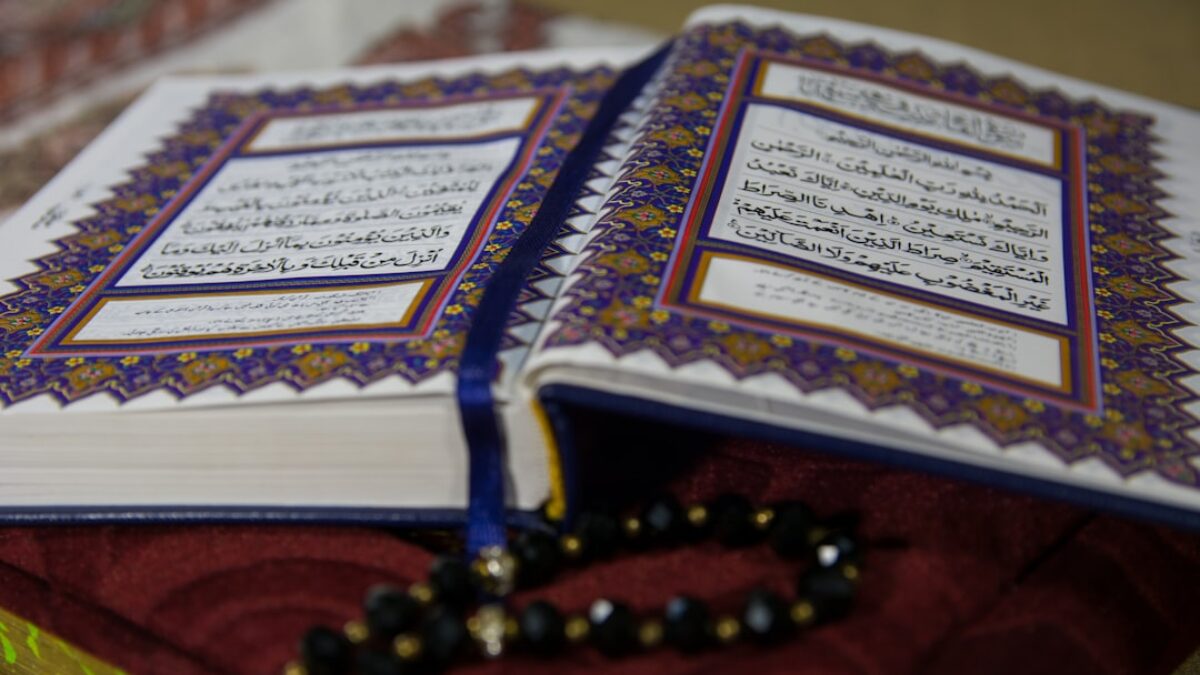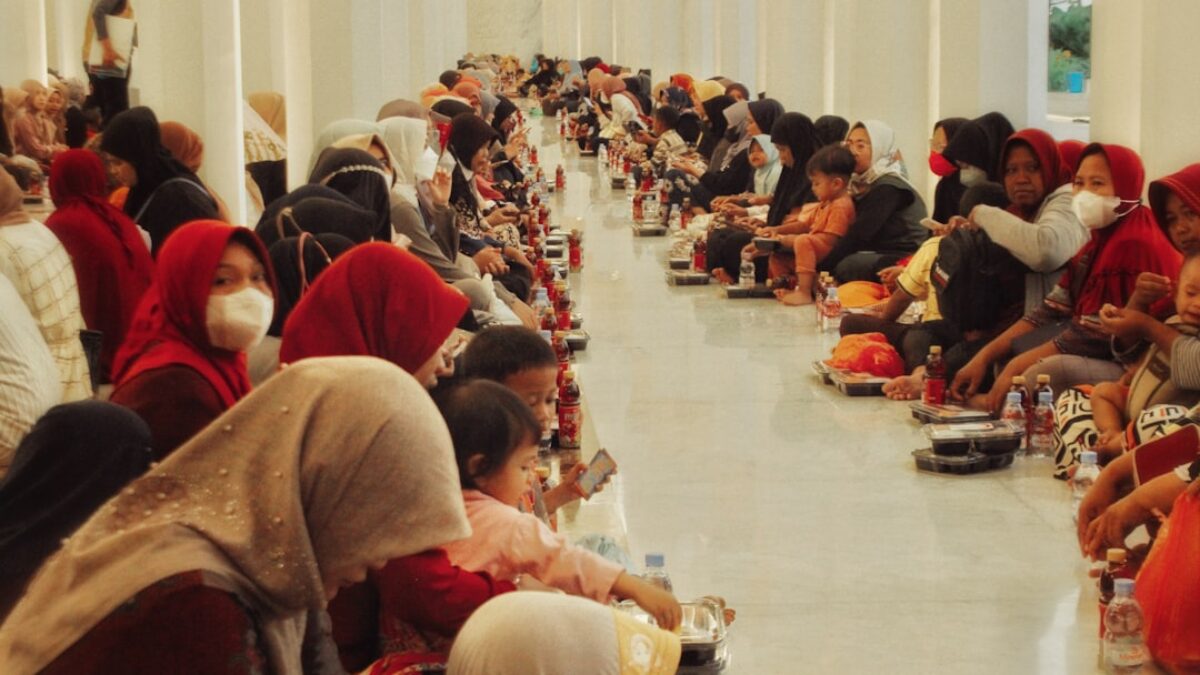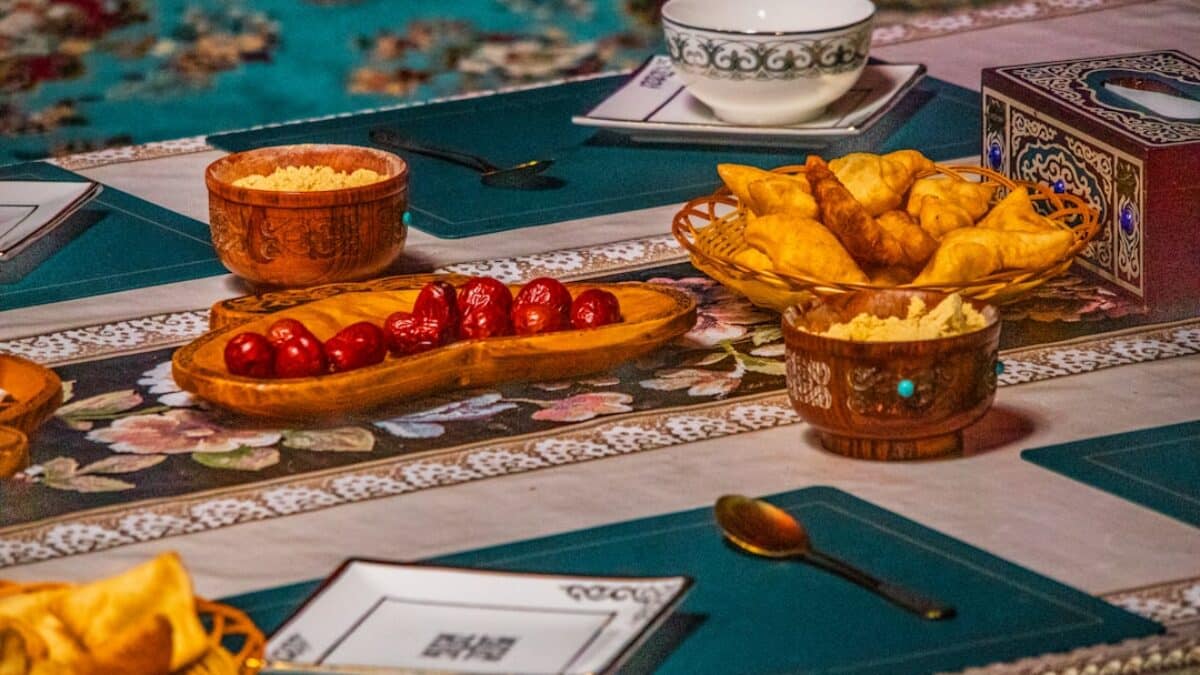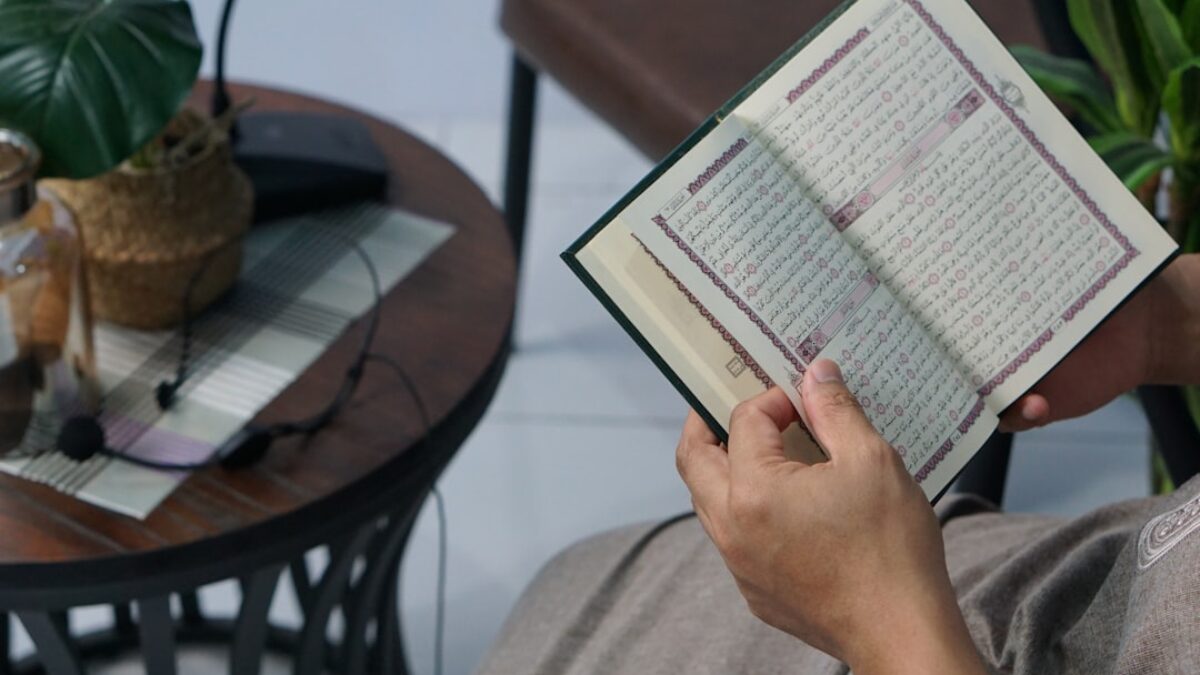Ramadan brings a surge of spiritual energy that transforms ordinary acts of worship into extraordinary sources of mercy. Among these acts, the payment of Zakat stands out as a powerful catalyst that multiplies blessings for the giver and transforms the lives of the receiver. While Zakat is obligatory whenever the nisab threshold is met, discharging it in Ramadan aligns one’s financial purification with the holiest month, creating an intersection of generosity, mercy, and accelerated reward. This article explores the theological roots, practical mechanics, and life-changing impact of paying Zakat during Ramadan, combining scriptural insight with real-world examples to inspire confident and timely giving.
Understanding Zakat in the Context of Ramadan
The Spiritual Economy of Ramadan
Ramadan is described in prophetic traditions as the month in which “the gates of Paradise are opened, the gates of Hell are closed, and the devils are chained”. This climate of heightened mercy amplifies every good deed, including financial worship. Scholars note that the reward for voluntary charity in Ramadan equals the reward of obligatory charity in ordinary months, and obligatory charity (Zakat) gains a multiplier that only divine generosity can quantify.
Defining Zakat: Obligation, Nisab, and Hawl
- Zakat is an annual 2.5 % levy on qualifying assets held for one lunar year (hawl).
- Nisab is the minimum threshold—equivalent to 87.48 g of gold or 612.36 g of silver. Once wealth surpasses this for a full year, Zakat becomes due.
- While the obligation matures at the end of the hawl, paying it in Ramadan voluntarily accelerates discharge, synchronizing material purification with spiritual renewal.
Quranic Emphasis on Ramadan and Charity
Allah pairs fasting and charity in Surah Al-Baqarah (2:183–185, 2:261), embedding generosity into the very fabric of Ramadan. The famous verse “The example of those who spend their wealth in the way of Allah is like a seed [of grain] which grows seven spikes; in each spike is a hundred grains” (2:261) is often recited during tarawih, reinforcing the 70-700 times multiplication that can accompany Ramadan giving.
Key Components of Paying Zakat in Ramadan
1. Intention (Niyyah) and Sincerity
Unlike taxes, Zakat is an act of worship that begins in the heart. The Prophet ﷺ said, “Actions are but by intention” (Bukhari). When the intention is coupled with Ramadan’s heightened spirituality, the act transcends financial transfer—it becomes an intimate conversation with the Divine.
2. Accurate Calculation of Zakatable Assets
- Cash & Bank Balances: Include checking, savings, and foreign currency.
- Gold & Silver: Use current market value; household jewelry is zakatable if it exceeds customary use.
- Trade Inventory: Wholesale value of goods intended for sale.
- Shares & Mutual Funds: 2.5 % of market value if held for investment.
- Receivables: Add strong debts you expect to recover.
Subtract immediate liabilities such as credit-card debt, rent, and staff salaries to determine net Zakatable wealth.
3. Timely Disbursement Before Eid
Islamic jurists recommend distributing Zakat before the Eid prayer so that recipients can enjoy Eid with dignity. Organizations like the National Zakat Foundation or local masjid funds often run Ramadan-specific campaigns that guarantee same-day distribution.
Benefits and Importance
For the Giver: Multiplied Rewards
- 70-700 Times Return: A single dollar converts into seventy to seven hundred dollars’ worth of reward, depending on sincerity and need of the recipient.
- Protection from Calamity: The Prophet ﷺ said, “Zakat extinguishes the wrath of Allah” (Ahmad).
- Spiritual Detox: Ramadan purifies the soul, and Zakat purifies wealth—both combine to reset the believer’s spiritual and material ledger.
For the Community: Immediate Social Impact
| Sector | Typical Ramadan Need | Impact of Timely Zakat |
|---|---|---|
| Orphan Care | Eid clothes, school fees | Smiles on children, retention in school |
| Debt Relief | Medical bills, rent arrears | Families avoid eviction, stress reduced |
| Food Security | Iftar meals, grocery vouchers | No fasting person left hungry |
| Micro-Enterprise | Ramadan bazaar stalls | Sustainable income beyond Ramadan |
Macroeconomic Blessings
When millions discharge Zakat simultaneously, liquidity is injected into the grassroots economy. Historical data from IDB member states show a 10-15 % spike in small-business activity each Shawwal, attributed to Ramadan-distributed Zakat grants.
Practical Applications
Step-by-Step Zakat Workflow in Ramadan
Moon-Sighting Checklist: On the 29th of Sha’ban, confirm the new moon and mark your Zakat due date. Asset Valuation Day: On the 1st Ramadan, list all assets at closing market prices. Online Calculator: Use vetted tools (e.g., Zakat.com) to automate 2.5 % calculation. Choose a Distributor:
Local masjid (immediate reach) Registered NGO (audited reports) Direct giving to verified families Payment & Receipt: Transfer funds and download receipts for tax deductions where applicable. Dua After Payment: Recite “Allahumma taqabbal minni” and ask Allah to multiply and accept.
Case Study: A Convert’s First Ramadan Zakat
Jennifer, a new Muslim in Toronto, calculated her first ever Zakat at CAD 800. She directed half to a Syrian widow rebuilding her tailoring business and half to a local food bank. Within six months, the widow employed three refugees, and Jennifer received an anonymous scholarship for Islamic studies—an outcome she attributes to barakah unleashed in Ramadan.
Smart Giving: Combining Zakat and Sadaqah
While Zakat is fixed, voluntary Sadaqah can be layered on top. During Ramadan:
Feed a fasting person (iftar) for 70 years of forgiveness (Tirmidhi). Use Zakat for necessities and Sadaqah for small luxuries (Eid gifts, toys). Donate via mobile apps that round up debit-card purchases to the nearest dollar, converting everyday spending into continuous charity.
Frequently Asked Questions
Can I pay Zakat monthly in Ramadan to spread the impact?
Yes. If your hawl completes mid-year, you may pre-pay the entire amount in Ramadan or set up four weekly transfers. The Sunnah precedent is found in the Prophet’s ﷺ approval of Sayyidina Abbas paying his Zakat two years in advance before the obligation matured (Daraqutni).
Is it permissible to give Zakat to non-Muslims in Ramadan?
The majority of scholars restrict Zakat recipients to Muslims, as the primary aim is uplifting the faithful. However, Sadaqah and humanitarian aid can be extended to non-Muslims, especially neighbors and communities where goodwill is strategic to dawah.
How do I verify that my Zakat reaches the intended beneficiaries before Eid?
Look for:
- Charity Commission ratings (UK) or IRS 990 forms (USA).
- Real-time dashboards showing fund allocation.
- WhatsApp photo updates from field teams during Ramadan.
If giving directly, request signed acknowledgment forms and video greetings from recipients, which also boost donor morale.
What if market volatility causes my assets to drop below nisab during Ramadan?
Recalculate on the exact day your hawl completes. If assets dipped temporarily but averaged above nisab over the year, Zakat remains due. For crypto portfolios, take a snapshot at a consistent hour (e.g., 12 am GMT) to avoid day-trading fluctuations.
Can Zakat be used for mosque expansions or Qur’an printing?
Only if the project falls under the category of fi sabilillah and directly benefits the poor—e.g., building a community kitchen inside the mosque. Routine utilities or gold-plated domes are not valid uses of Zakat.
How do business owners factor in accounts receivable?
Add invoices likely to be paid within one year at face value. If historical data shows 20 % default, discount accordingly. The Shafi’i school allows subtracting an appropriate provision for doubtful debts.
Should I prioritize local vs. overseas recipients?
The Prophet ﷺ advised giving “to one’s near ones first” (Muslim). Local giving reduces transaction costs and builds community cohesion. However, if overseas need is critical and life-threatening—such as famine or war—international disbursement is warranted. A balanced 50-50 split is popular among diaspora Muslims.
Conclusion
Ramadan is a divine accelerator where every sincere act is supercharged with mercy. By discharging Zakat in this month, believers synchronize the purification of their wealth with the purification of their souls, creating a dual momentum that propels them toward Allah’s pleasure. The multiplied blessings are not merely metaphysical; they translate into real-world transformations—children attend school instead of working, widows start micro-enterprises, and whole communities break the cycle of poverty. In giving, the giver receives the greatest gift: a heart re-attached to its Creator and a life redirected from material anxiety to spiritual abundance. This Ramadan, let your Zakat be the seed that grows into seven hundred spikes of mercy, both for you and for those whose lives you touch.
























Post Comment